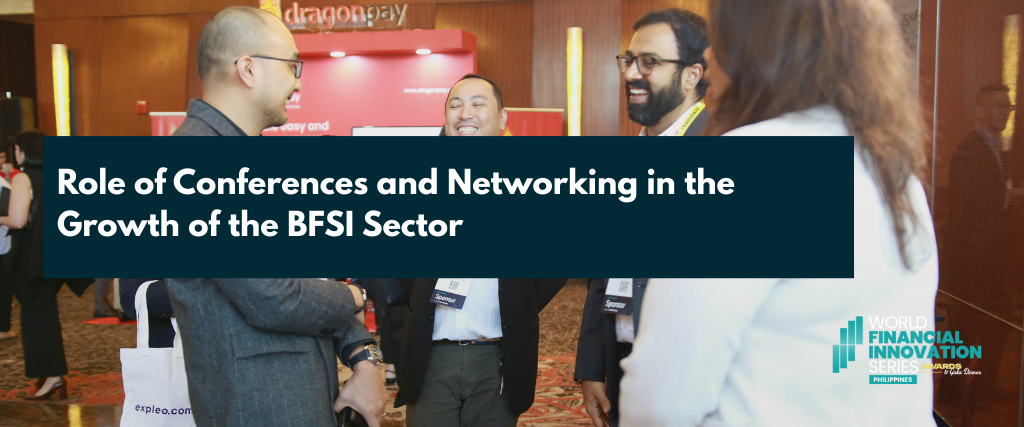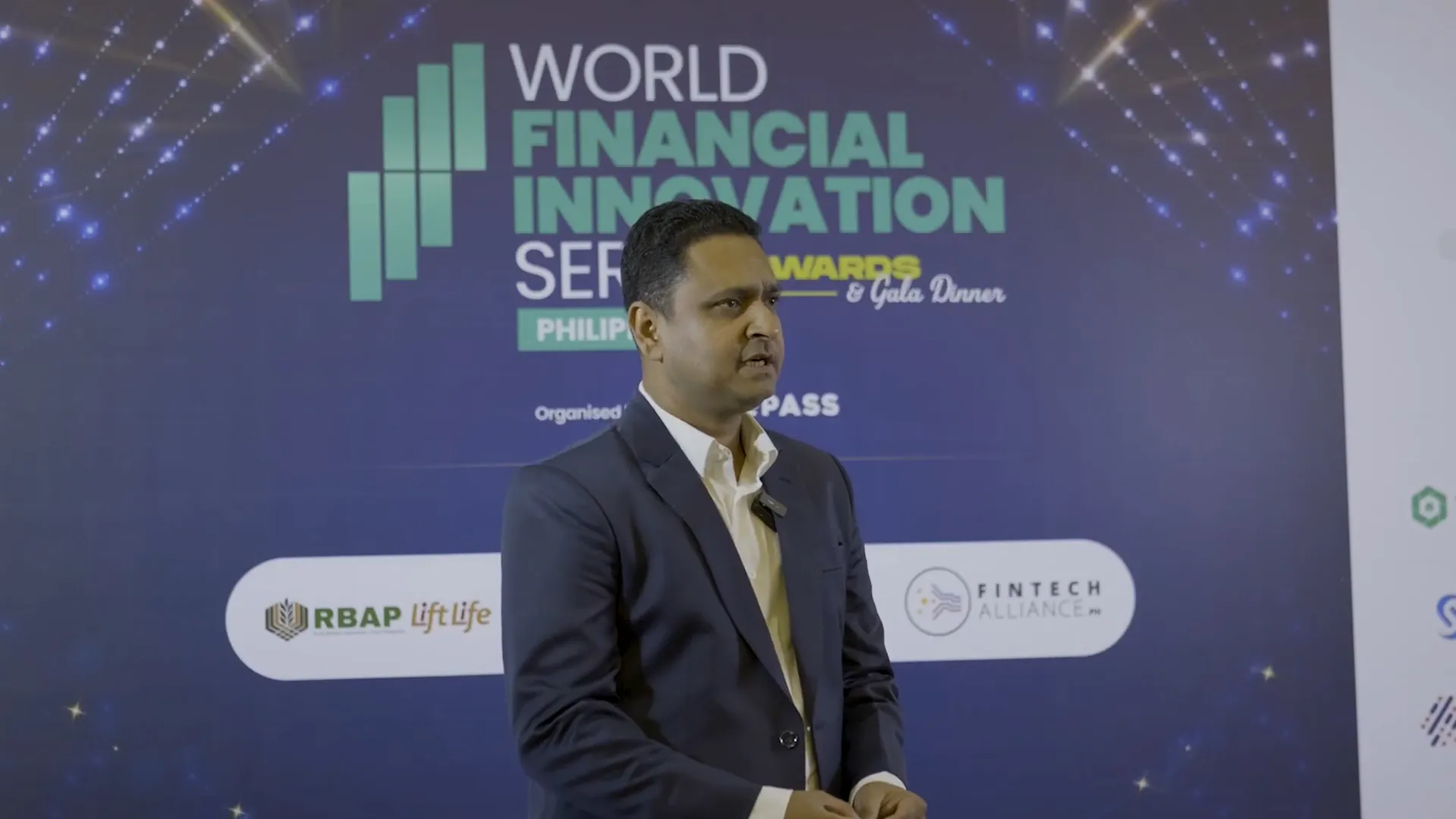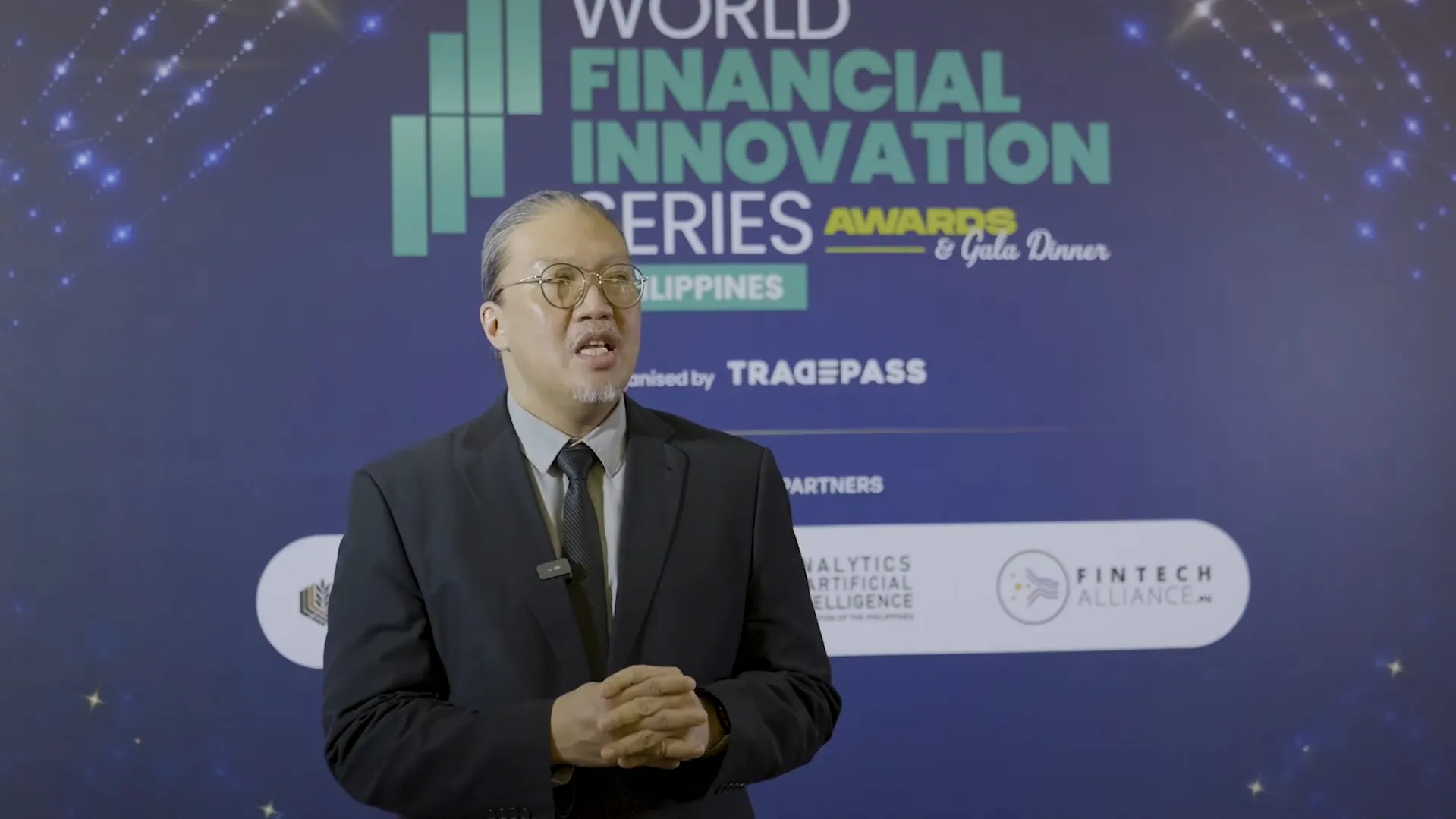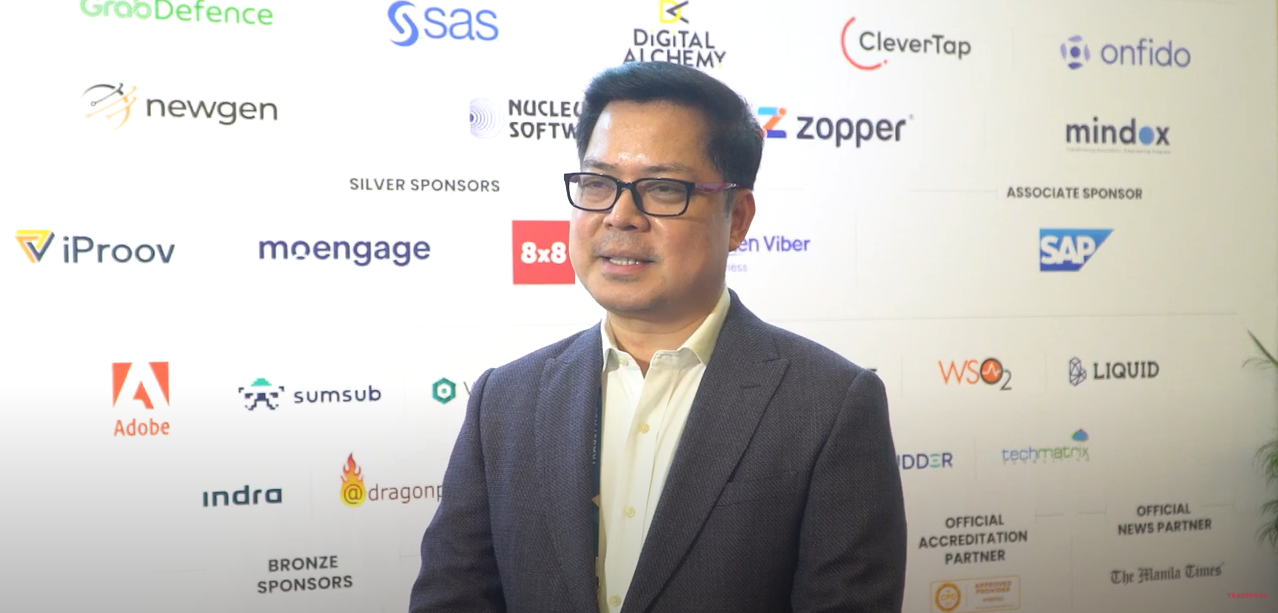Role of Conferences and Networking in the Growth of the BFSI Sector
Over the years, the global banking, financial services and insurance industry has undergone significant transformation. Driven by regulatory reforms, digital innovations, and evolving consumer demands, financial services conferences and networking events have become a vital part for growth and understanding new and innovative market trends.

According to a 2024 report by Allied Market Research, the global fintech market is expected to reach $882 billion by 2030, growing at a CAGR of 19.8%. This rapid growth demands more than just business partnership, it requires innovation, collaboration, and policy alignment, all of which are effectively achieved through strategic participation in FSI networking events and conferences.
Why Conferences Matter in the Financial Sector
Conferences play a vital role in driving transformation within the financial sector. As financial institutions face increasing pressure to adopt digital strategies, manage compliance, and improve customer engagement, staying connected with industry developments is essential. Financial services conferences serve as a central platform for stakeholders, including banks, insurance companies, fintechs, regulatory bodies, and technology providers, to exchange insights, collaborate, and align on future goals.
One of the key reasons conferences are important is the opportunity to learn from real-world case studies and technical discussions. Conferences are also where industry trends are revealed, such as the shift towards open banking, real-time payments, AI in risk assessment, and digital onboarding processes.
Moreover, policy changes and regulatory updates are often announced or clarified during such events. This helps institutions prepare for changes in advance and adjust their internal frameworks accordingly.
Another critical advantage of attending conferences is the competitive benchmarking it allows. Participants get a closer look at what peers and competitors are doing, which helps them refine their product offerings, upgrade their systems, or explore new market opportunities.
Key reasons why conferences are valuable in the financial sector:
- Knowledge Sharing: Provides access to real-world case studies, technical panels, and research-backed discussions.
- Regulatory Alignment: Offers clarity on upcoming regulations, enabling proactive compliance strategies.
- Innovation Exposure: Introduces emerging technologies and how they’re being applied within the sector.
- Benchmarking: Enables attendees to assess industry standards and adjust strategies accordingly.
- Strategic Direction: Helps leadership teams understand macroeconomic and technological trends to guide long-term planning.
Importance of Networking for BFSI Professionals
Networking is not just an add-on benefit of attending conferences, it is one of the key objectives. In sectors like banking and insurance, where deal cycles are long and credibility plays a major role, face-to-face interaction remains one of the most effective ways to initiate or strengthen relationships. A recent report by EventMB found that 82% of financial executives believe that attending at least one BFSI networking event per year is essential for business continuity and growth.
For BFSI professionals, networking provides access to:
- Direct conversations with solution providers to evaluate technologies and systems
- Policy dialogues with regulators and compliance experts
- Partnerships with other institutions for co-branded offerings or cross-border initiatives
- Investor relations and funding discussions for fintechs and new entrants
In emerging markets like Southeast Asia, where regulatory ecosystems are still evolving and digital finance is growing quickly, FSI networking events become even more important. They enable early access to trends, potential partners, and regional insights that are otherwise difficult to obtain in fragmented markets.
How Finance Networking Events Help Drive Business Opportunities
The return on participation in a finance networking event is often measured by the quality and volume of business leads, partnership discussions, or strategic insights gained. From early-stage startups looking for funding or client pilots to multinational firms showcasing new platforms, these events offer access to curated audiences. Event marketing firm Bizzabo reported that 79% of B2B marketers generate sales leads from conferences, with 64% noting a direct impact on revenue pipelines.
WFIS 2025 – Philippines is expected to feature:
- Keynote sessions from banking and fintech leaders across Southeast Asia
- Focused discussions on regulatory changes impacting digital payments and lending
- Sessions on open finance, regtech, and digital onboarding
- Exhibitor booths and live demos from solution providers
These components help firms understand market demand, demonstrate capabilities, and build competitive positioning. The structure of a financial services conference encourages real-time product feedback, identifies partnership gaps, and accelerates deal closures, all essential for navigating the highly regulated and competitive BFSI sector.
Benefits for Startups, Enterprises, and Policy Makers
Conferences and BFSI networking events provide unique value to various stakeholders across the financial services ecosystem. Whether it’s a fintech startup looking to scale, an established enterprise seeking competitive insights, or a policymaker aiming to align with global regulatory practices, these events offer focused interaction and learning opportunities. The structured formats, combined with open forums and exhibitor engagements, help participants build relationships, gain real-time industry feedback, and make informed decisions. Below is how each stakeholder group benefits from participating in financial services conferences:
Startups:
- Gain direct access to potential investors through pitch sessions and startup showcases.
- Receive real-time feedback on products and services from industry leaders and peers.
- Network with financial institutions for potential partnerships, integrations, or client acquisition.
- Understand regulatory expectations by interacting with policy makers and compliance experts.
Enterprises:
- Evaluate emerging technologies and fintech innovations for adoption or collaboration.
- Benchmark against competitors by attending product demos and solution exhibits.
- Develop new vendor relationships and finalize procurement decisions based on direct interactions.
- Access cross-border networking opportunities to explore expansion or partnership in new markets.
Policy Makers:
- Engage with stakeholders to understand implementation challenges of financial regulations.
- Align policy frameworks with global standards through dialogue with international regulators.
- Support innovation by identifying regulatory gaps or opportunities through industry feedback.
- Promote national financial agendas by engaging with local and global BFSI stakeholders.
Conclusion
As the BFSI sector continues to transform, the importance of financial services conferences and networking cannot be overstated. These platforms play a central role in shaping business strategy, forming strategic alliances, and aligning with regulatory developments. For startups, enterprises, and policy makers alike, attending a BFSI networking event is not just about staying informed—it is about being relevant and future-ready.
Conferences such as the World Financial Innovation Series (WFIS) 2025 – Philippines provide a valuable space where decision-makers across finance, technology, and regulation converge to build the future of finance. Whether through curated panels, hands-on showcases, or one-on-one meetings, these events serve as critical enablers for growth, innovation, and opportunity in the evolving BFSI sector.






























